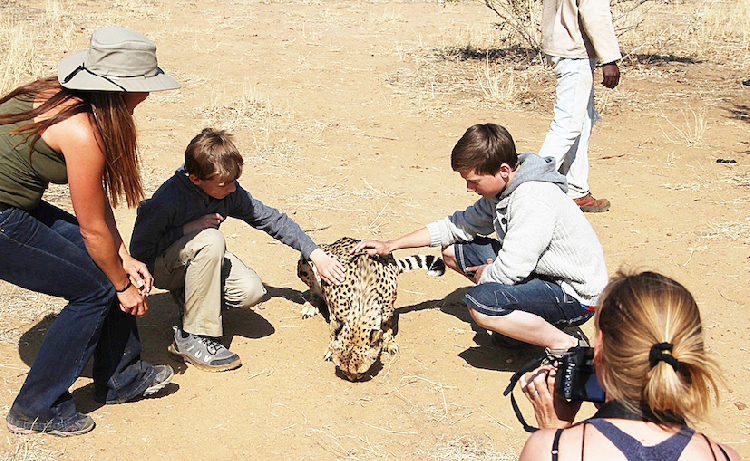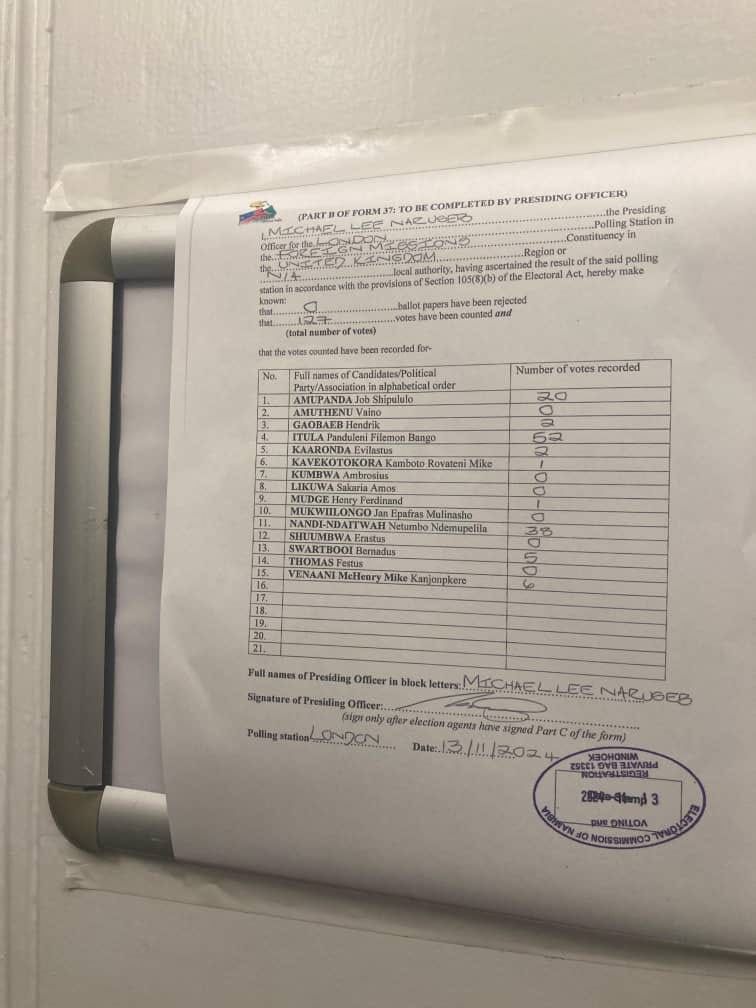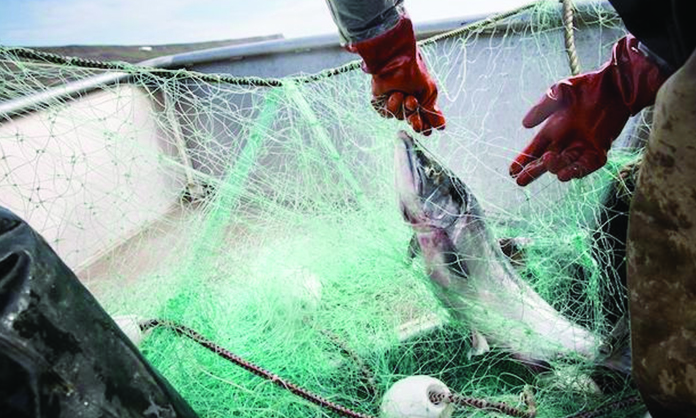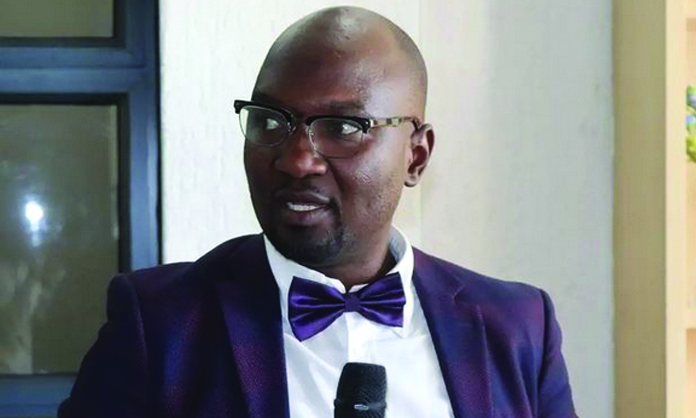Conservation is one of the most important things that you should take into consideration when thinking about the environment. If we destroy the only planet that we have, then future generations are going to suffer.
Unfortunately, Namibia is dealing with its share of environmental problems such as animal poaching and land degradation, among many others.
One example is the scarce rhino population. Have you noticed reports that it is slowly dwindling down because of poachers? This is why a community finds it necessary to protect their animals, otherwise entire species may become extinct which affects nature’s fragile eco-system and means future generations will never see these animals in their lifetimes.
You can also play your part in taking care of the environment and YouthPaper will show you how.
What The Corporate World Are Doing
Rob Moffett, joint managing director of sales and marketing at Ongava Game Reserve, explained that we are in the midst of a crisis. “Namibia is an attractive destination for tourists because of nature and the reputation Namibia has.” In fact, the game reserve does not use any plastic bags, but uses recyclable paper bags as dustbins. In the camps, you’ll also spot solar energy being used.
N/a’an ku sê Wildlife Sanctuary is also doing its part to save wild animals from being poached, as Colette Massier, N/a’an ku sê Films co-founder and producer, said. “Carnivores are constantly being reported so we shelter some of them. The sanctuary is not a zoo, but a natural enclosure for the animals.”
The Cheetah Conservation Fund (CCF) is also doing its best to educate children about the environment with their programme. Ignatius Davids, environment education practitioner from the CCF, explained their system. “Our organisation has a three pillar system and conservation education is one of them. We also do educational camps for children, as supplementary learning for natural science.” This way, children are given real-life examples of what they can do to help the environment.
Reuse, Reduce and Recycle
Various companies around the country are doing their part, but what can you do? In schools, you may have recalled studying Life Science, Natural Science or Biology. Some of you may be studying them now. Does the phrase ‘reuse, reduce and recycle’ sound familiar to you? This is one of the crucial points of conservation carefully summarised.
To explain them in detail, reusing things means not throwing things away, but instead keeping them for other purposes. Such as cardboard boxes. Did you know that there are quite a number of things you can do with a cardboard? You could make a little shelter for your pets, build toys out of them (such as a makeshift stove), use them to decorate your room or store old books, toys and clothes.
Recycling is all about making sure that the world is not polluted with non-biodegradable materials, or materials that are incapable of being decomposed, which later cause pollution to the environment. Have you ever noticed colourful dustbins that are divided into different sections? They are designed to separate waste into different categories like paper, plastic, glass and tin cans.
These materials are taken to factories where they are either crushed or melted, so that they can be used again to make other products, like the cool drink cans. Municipalities allow residents to have particular plastic bags which are strictly for recycling. If you have one of them at your home, make use of them. You are making a huge difference.
Reducing refers to making sure that there is less pollution. In other words, reducing the toxins in the environment that cause pollution.
This is why you should make a point to pick up litter where you can and educate your friends and family about not wasting water. In fact, Windhoek is currently facing a water crisis and numerous officials have stated that residents should make sure to conserve their water as the dams are running low. You can play your part by showering instead of bathing, which uses less water, turning off taps while brushing your teeth, checking for leaking pipes and taps in your yard and reusing water where you can, for example, using old water from baths and kitchen sinks to wash your car. There is still a lot more you can do to help…
• Plant as many trees in your yard as you can and take care of them.
• Use air conditioning less.
• Save electricity. Turn off plugs that are not in use. Switch off lights when you leave the room, don’t leave appliances on unnecesarily. Try having a candlelit dinner once a week, or enjoy a family braai on a regular basis.
• Instead of making use of plastic bags at supermarkets when doing your grocery shopping, use cloth bags designed specially to benefit the environment, or take along some of the extra plastic shopping bags you have at home.
• Keep your community litter-free.
• Do your part and make a difference!
Stay informed with The Namibian – your source for credible journalism. Get in-depth reporting and opinions for
only N$85 a month. Invest in journalism, invest in democracy –
Subscribe Now!






